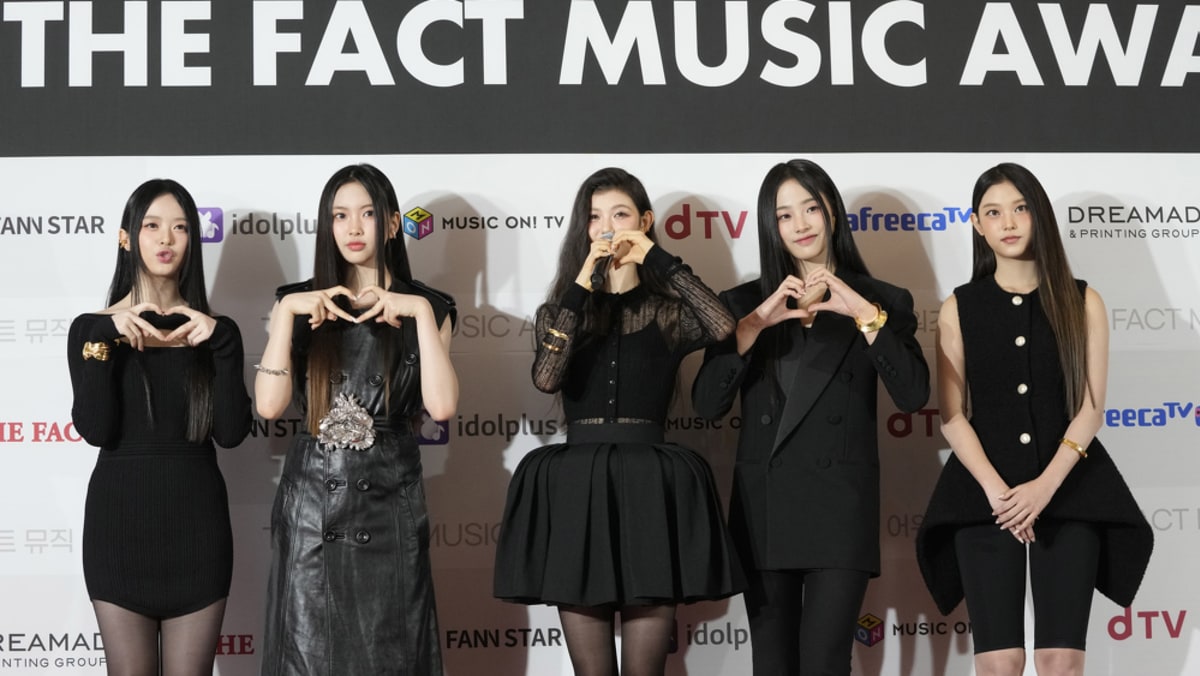
Directive 221 dealt with secondary education. It dismantled private and public institutions in South Vietnam and excluded teachers viewed as anti-revolutionary.
Directive 222 dealt with higher education and focused on the nationalisation and bureaucratisation of institutions. More importantly, it effectively established an official discrimination policy in higher education.
People classified by the state as reactionary or anti-revolutionary could not attend universities or vocational schools. However, there was no clear definition of who or what classified as reactionary. This opened the door for abuse. Anyone vaguely associated with the former southern regime could be labeled a reactionary.
UNFINISHED RECONCILIATION STILL IMPACTS PEOPLE’S LIVES
These policies severely hindered the prospects of a post-war reconciliation and violated basic principles of human rights and international law. They effectively precluded many from southern Vietnam from meaningful political participation while also limiting their social and economic prospects.
Records on how the government carried out the policies are not accessible to the public. However, stories about the background classification system and its sociopolitical repercussions survive through oral history.
The practice of political background discrimination practically ended after the reform policies launched in 1986 known as Doi Moi (Reformation). But the damaging legacy of the post-war period and the unfinished reconciliation still impact people’s lives today.
The fact that a K-pop singer can be lambasted for her family’s seeming connection to the South Vietnamese regime almost 50 years after the war ended highlights how its social and cultural legacy lingers.
To borrow from cultural theorist Mark Fisher, the war is over, but it still holds sway through a traumatic “compulsion to repeat” its mistakes.
Quoc Tan Trung Nguyen is a PhD candidate in Public International Law, University of Victoria, Canada. This commentary first appeared on The Conversation.

